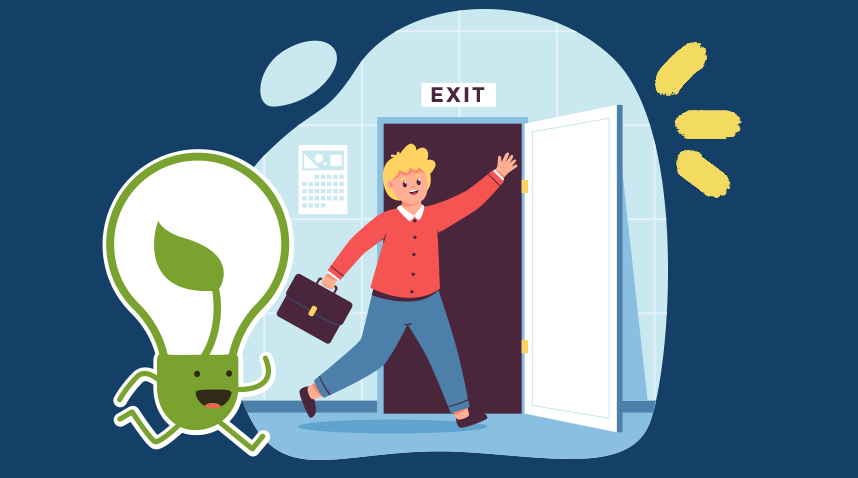Editor’s note: This is an adapted article in collaboration with Ro. Do check out Roberta’s blog of reflection and learnings.
TLDR: When is it time to quit the job? Ro shares a few ‘filters’ and prompts to ask yourself. This helps us to quit even the cushiest of jobs when we no longer feel that we can add value or be valued at where we are.
Decision-making can be hard at the best of times.
We’re making hundreds if not thousands of decisions on a daily basis, and we can get so consumed with making the right ones.
The number of variables and contingencies that inundate us even in ‘simple’ decision-making about what or where to eat, or where we should go for our next holiday can be confounding.
We aren’t even talking about the decisions that carry a heavier weight, such as do I look for a career change or do I quit my job?
How then, did I make that final decision to leave my Tech job and be okay with it?
After 4 months, I can say that I am still confident in my decision and the new path that I am on. These are the prompts, collated and picked up from many different books and sources that helped me overcome the ‘what if’s’ and fear of making a catastrophic mistake.
I believe it’s through this filter, that made sure I made the ‘right’ choice for me.
Align Work To Values
I consciously and very intentionally checked in and considered if I was living out my core values. A few of these are: family, respect, growth, creativity and community empowerment.
During the final few months of employment, I reflected regularly on how much I was hitting the cornerstones of my values, and how fulfilled I was by the work I completed. I considered whether I could mould my job to align better with my desire to align my values and contribute to a greater cause.
Ultimately, I considered what I wanted my work and life to look like, and if it was supported by my current career track. The answer was no.
A valuable sutta resource is how Buddha talked about finding the right livelihood. If one finds themselves constantly in a job that weighs them down in mental states, it might be wise to reconsider the role.
Would I regret not making the decision sooner? What is the risk of doing nothing?
So many of us have that thing, that we teeter-totter on the edge of starting, then months pass and we still haven’t started.
The reality is, we could have been months into getting better at it already. I had already toyed with the idea of leaving my job for the past 3 months, and the idea wasn’t really leaving me, despite all the changes and motivation I was trying to muster.
I wasn’t growing the way I desired nor succeeding in making my work more meaningful and impactful. In short, in another 3 months, I would regret not making the decision sooner, and the risk of doing nothing was severe burnout and loss of personal willpower.
I made the decision to leave at an opportune time, when I was still excited about the unknown, and not yet fully burnt out to the point of dissociation or detachment.
What’s the T.E.A? Reflecting on what gives me energy and what drains me?
Thoughts. Energy. Attention. In my daily life, I was constantly thinking about different challenges and creative pursuits.
I found energy in doing my own writing projects and helping with internal and external copywriting. In my core role, I felt drained by the corporate structure and politics after each meeting, and I was quite frankly sick of the need to constantly expose myself for accolades.
My attention was often on events outside of my core role and in extracurricular company cultural activities.
All these signs led to the reality that the T.E.A was not continuing on in a multinational company in the current state of affairs.
Realising how I responded to my environment, and how it impacted not only my personal life but also my happiness was the final straw that helped me to pull the plug.
I hope this can highlight that decision-making requires intentional self-reflection and consideration. What is “better decision making”, except simply making conscious and intentional decisions that are right for your particular circumstance. Without reflection, we don’t have the opportunity to know what we can change to make our situation better.


